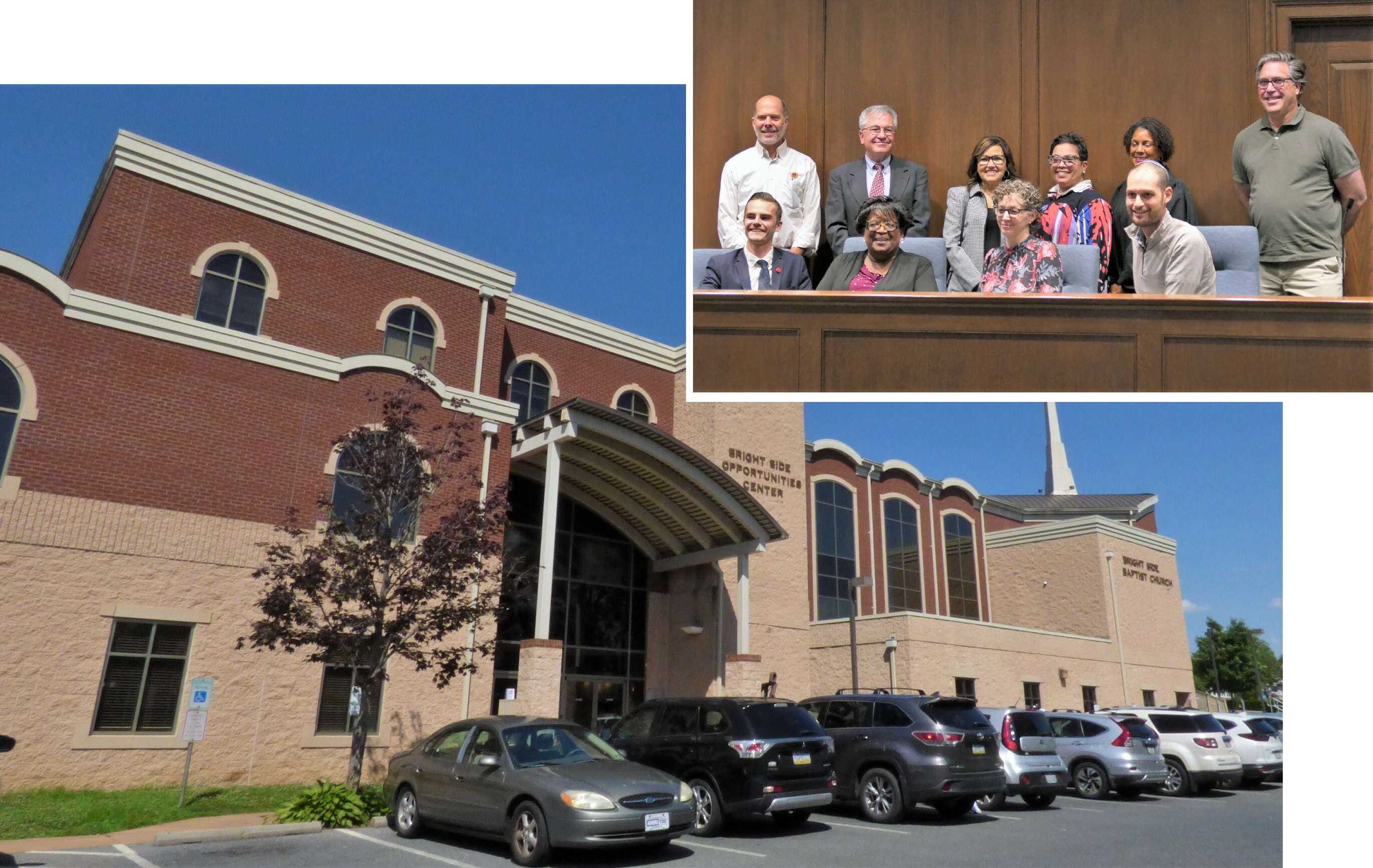Lancaster’s governmental structure isn’t the problem.
That, in a nutshell, is what Mayor Danene Sorace, City Council President Amanda Bakay and Controller James Reichenbach said in their written responses to the Home Rule Study Commission.
All three said they see no major issues in the balance of power between mayor and council, or any major inefficiencies in city administration. Rather, as Sorace has said from the start, Lancaster’s problems are fiscal: The state demands it provide certain services but forces it to rely too much on property taxes to pay for them.
The commission has been meeting since June, evaluating whether the city should shift to a home rule charter. It has nine months to make that determination; if it concludes the answer is “yes,” it has another nine months to draft one.
Its next meeting is at 7 p.m. Thursday. As part of the commission’s efforts to be transparent and include the public at large in the discussion, it will be held at a neighborhood venue: Bright Side Opportunities Center, 515 Hershey Ave.
The Pennsylvania Economy League will give a presentation, intended to bring community members up to speed on the home rule study process and purpose. PEL is a think tank that is providing the commission with consulting and administrative support.
Following that, the commission will discuss the three city officials’ answers. Questions were sent to Treasurer Vincent Derek Smith as well; as of this week, he had not responded.
The four officials were asked to describe their responsibilities, their working relationships with each other and their views on the city’s separation of legislative and effective powers. Other questions addressed the budget, responsiveness to the public and overall efficiency.
“If there is any silver lining in the fiscal challenges the City has faced over the last several decades,” Mayor Sorace wrote regarding that last issue, “it is that there is no room in the budget for duplicative or overlapping administrative functions of City government.” Rather, she said, the city is continually seeking “operational efficiencies.”
Asked about the treasurer and controller, both elected offices, Sorace noted that most of the treasurer’s duties are handled by the Treasury Bureau, wich is headed by an appointed chief; and that the controller’s review of payments is in addition to thorough administrative reviews. Other cities with similar arrangements that moved to home rule charters have eliminated the two positions or modified their roles, she wrote.
Bakay was blunter: “In my opinion, the elected offices of Treasurer and Controller as they operate today are not necessary for the functional and transparent fiscal operation of the city,” she wrote.
Reichenbach wrote that the controller provides “providing an independently elected check and balance on city spending and purchasing processes and procedures” and an “independently elected voice and vote” on the city’s pension boards. The commission did not ask him whether the role was an essential one, but did ask if he thought there are any “duplicative, fragmented and/or overlapping areas” in city government. “I do not,” he wrote.
All three agreed that if home rule can expand Lancaster’s menu of revenue options, it would be advantageous.
“The challenges we face are more financial in nature than structural,” Sorace wrote, “and can be resolved, or at least mitigated, by adopting a charter that provides for revenue raising flexibility, still under the legislative control of an elected City Council and with all of the transparency and accountability to our residents that we currently have.”






